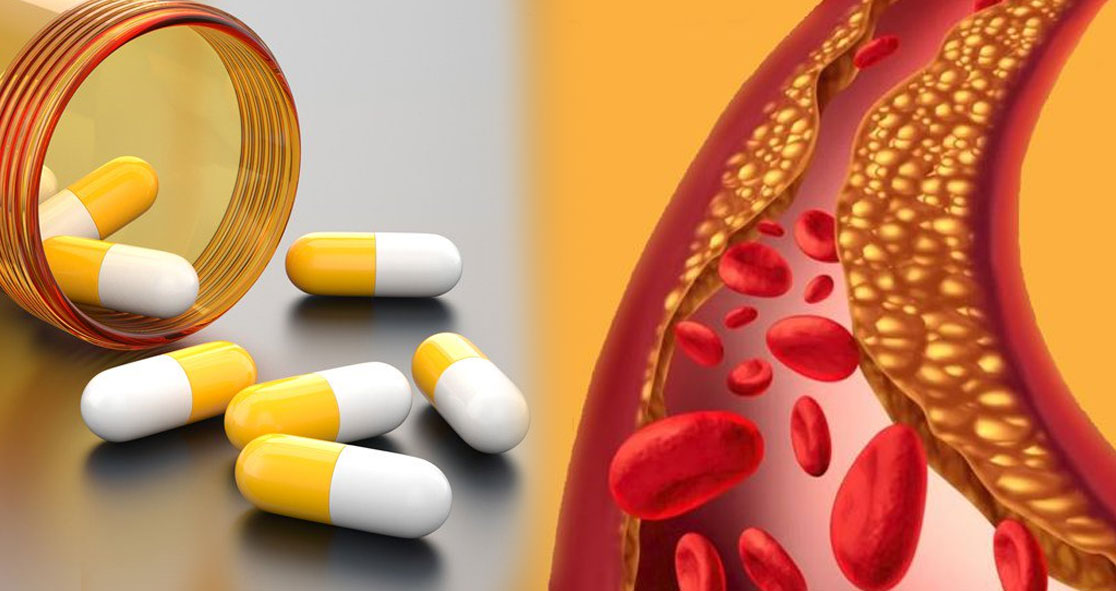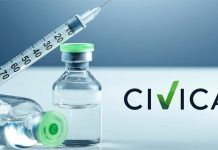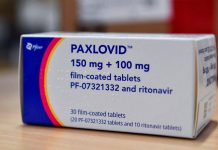At least one in three American adults has more-than-normal blood cholesterol levels (hypercholesterolemia), according to healthgrades.com.
Uncontrolled or poorly controlled blood cholesterol can put one at risk for heart disease, heart attack, and stroke. Most people with undetected high blood cholesterol are asymptomatic but a simple blood test through screening can reveal the levels.
If your cholesterol is high, your doctor will likely suggest a healthy lifestyle by advising you to make dietary changes and exercise. However, if your cholesterol remains high even after following a healthy lifestyle, your doctor will recommend cholesterol medications.
There are several types of prescription and OTC cholesterol drugs. Know about each of them and their generic versions:
Statins: Statins are probably the first type of cholesterol drug doctors prescribe to most patients. They also help lower triglycerides levels and mildly increase your good (HDL) cholesterol. Generic drugs for cholesterol that fall under the statin group include:
- Atorvastatin (Generic Lipitor)
- Rosuvastatin calcium (Generic Crestor)
- Simvastatin (Generic Zocor)
- Fluvastatin (Generic Lescol)
- Lovastatin (Generic Mevacor)
- Pitavastatin (Generic Livalo)
- Pravastatin (Generic Pravachol)
Cholesterol Absorption Inhibitors (CAIs): These are a class of drugs that prevent the uptake of cholesterol from the small intestine into the circulatory system. Common examples of CAIs include
- Ezetimibe (Generic Zetia)
- Sch-48461
- Phytosterols
PCSK9 Inhibitors: These drugs are advised when you are not able to manage hypercholesterolemia through lifestyle changes and statins. By blocking a protein called PCSK9, these drugs make it easier for the body to remove LDL (bad) cholesterol from your blood. Examples include:
- Alirocumab (Generic Praluent)
- Evolocumab (Generic Repatha)
Fibrates: These drugs cut down on how much triglyceride your body makes. They can also boost your good cholesterol. Generic drugs for cholesterol belonging to fibrates include:
- Fenofibrate (Generic Tricor)
- Gemfibrozil (Generic Lopid)
Bile Acid Sequestrants: Also called bile acid resin drugs, bile acid sequestrants work inside your intestines to lower your cholesterol levels. These drugs attach to bile from the liver and keep it from being absorbed back into your blood, according to WebMD. Examples of bile acid resin drugs include:
- Cholestyramine (Generic Prevalite)
- Colesevelam (Generic WelChol)
- Colestipol (Generic Colestid)
Generic OTC drugs for cholesterol: Nicotinic acid or niacin is a B vitamin found in certain foods. However, it is also available at high doses by prescription. Niacin has been found effective at lowering bad cholesterol and raising good cholesterol. Like niacin, omega-3 fatty acids can significantly reduce triglycerides and increase good cholesterol.
- Niacin (Generic Niaspan, Generic Niacor)
- Omega-3 fatty acids (Generic Lovaza)
Remember, it is important to talk with your doctor about generic drugs available for cholesterol. Your doctor may be able to switch you to a cheaper generic version that may save you money. Never switch to a generic drug on your own. Always have a word with your prescribing doctor.























